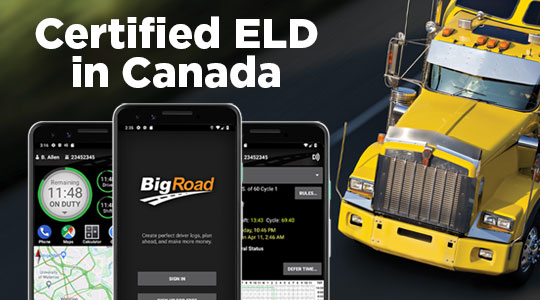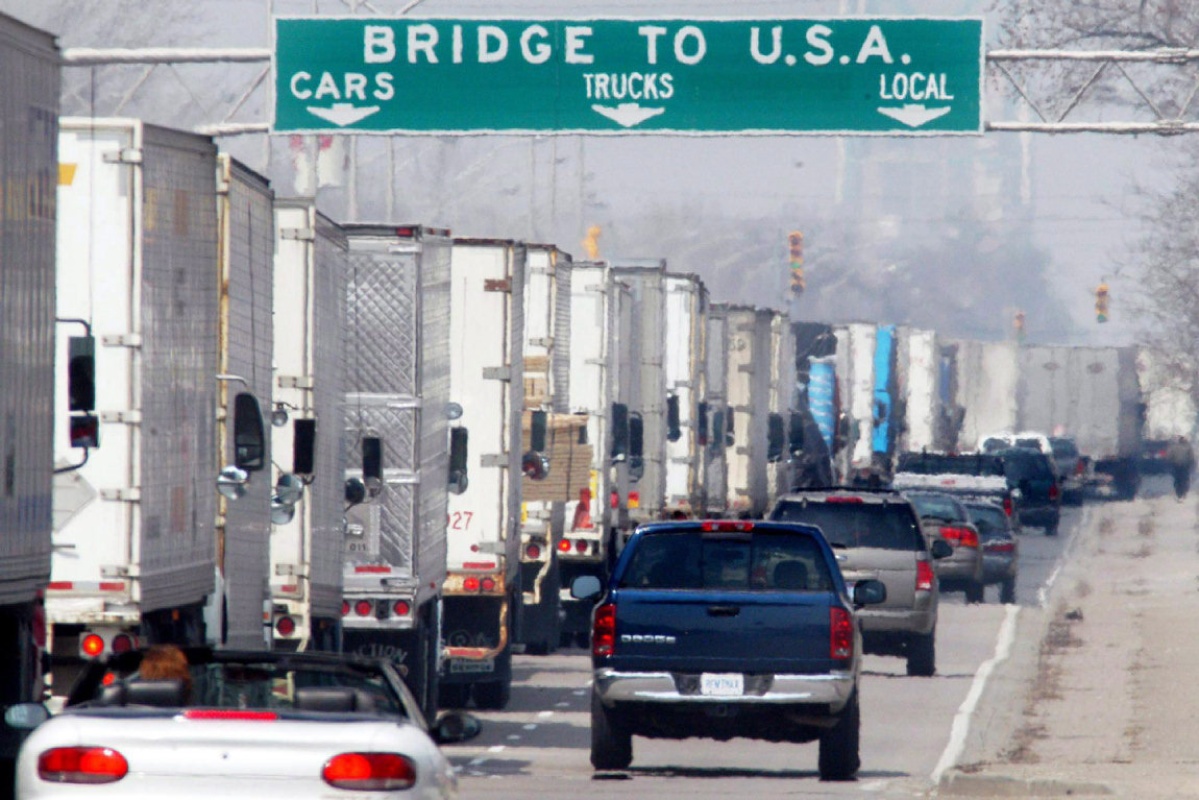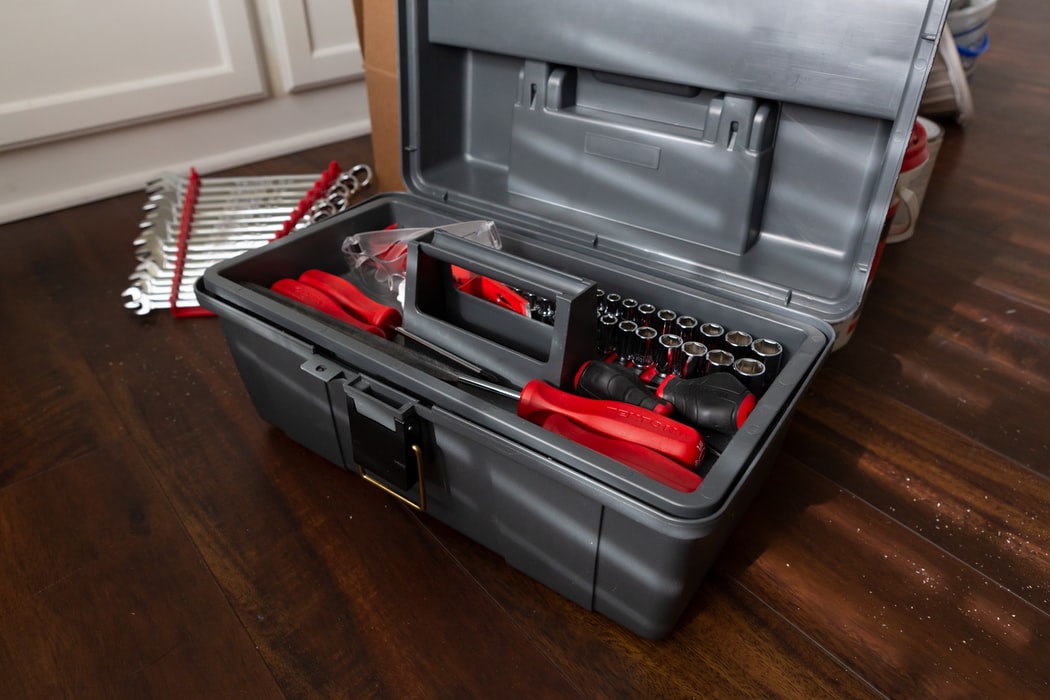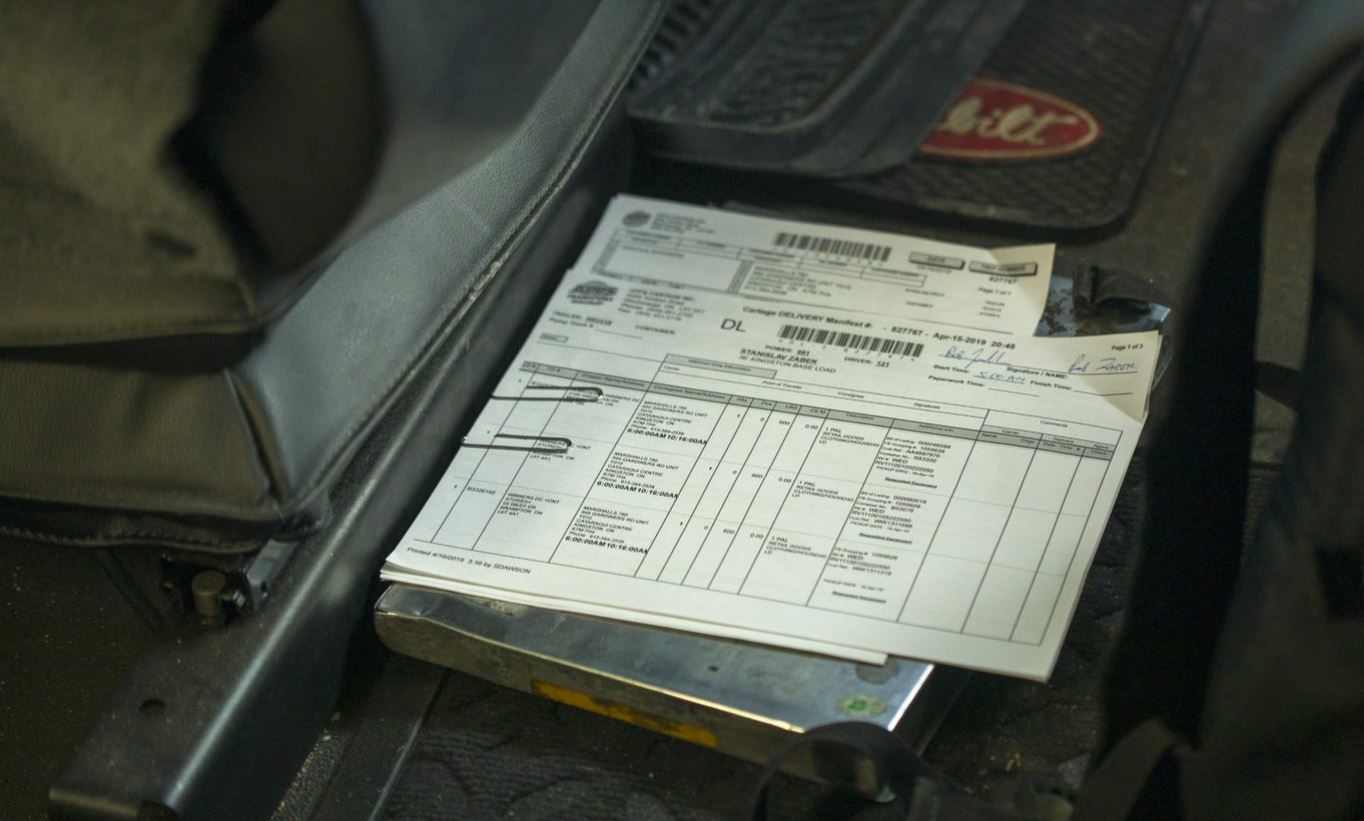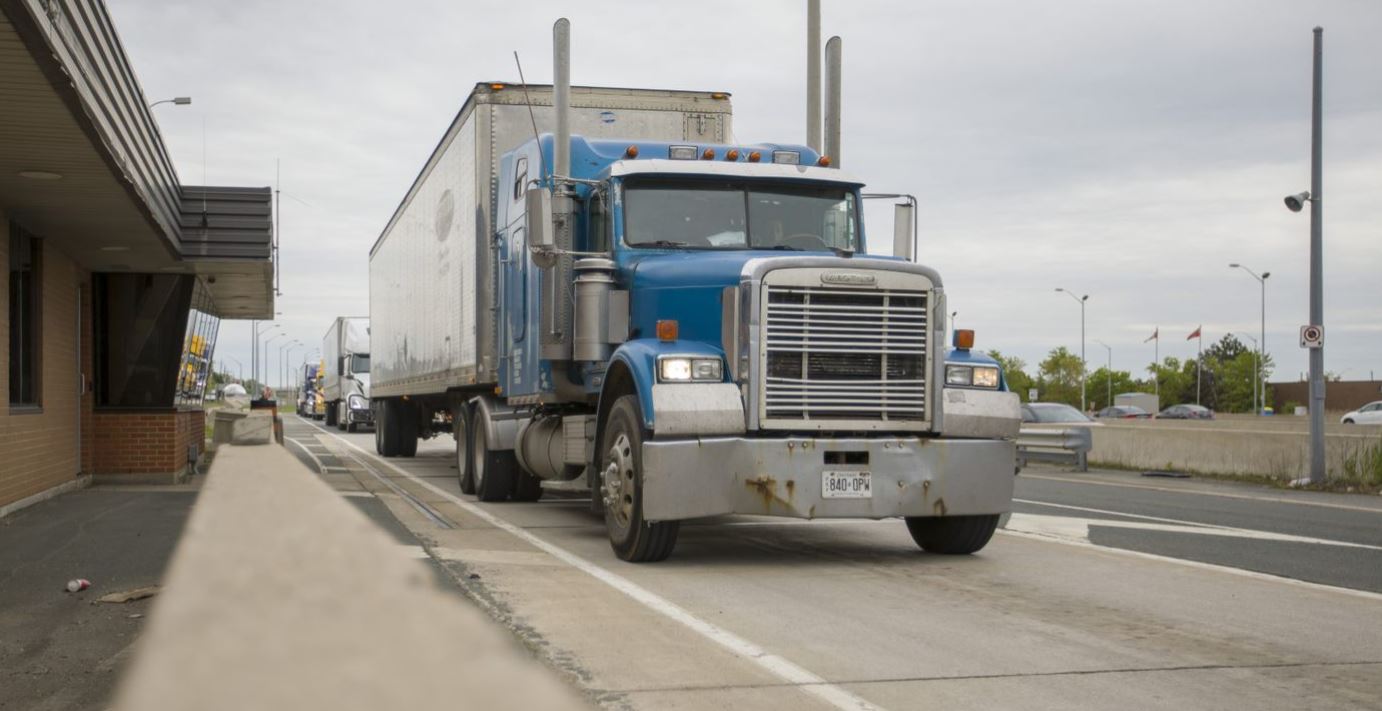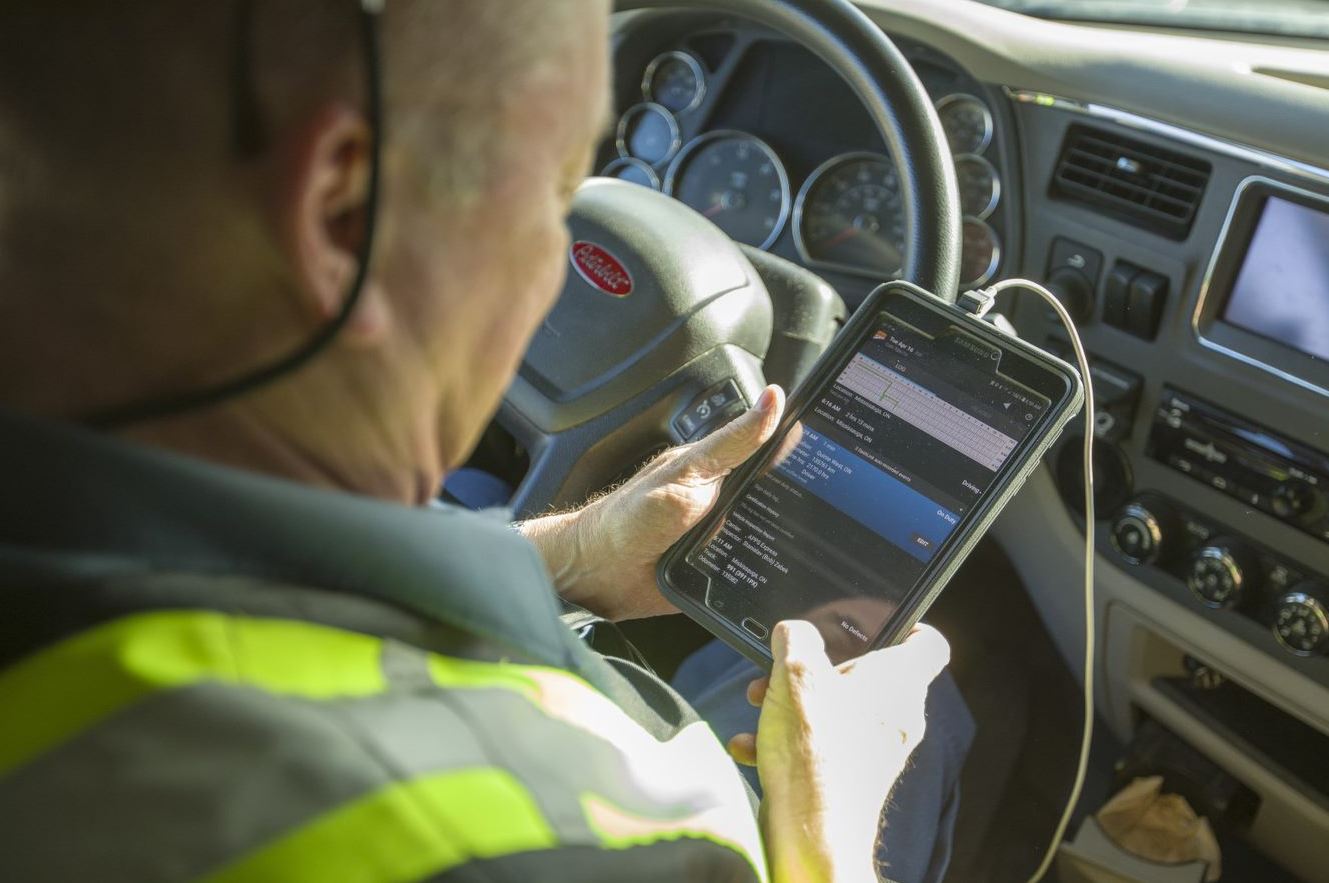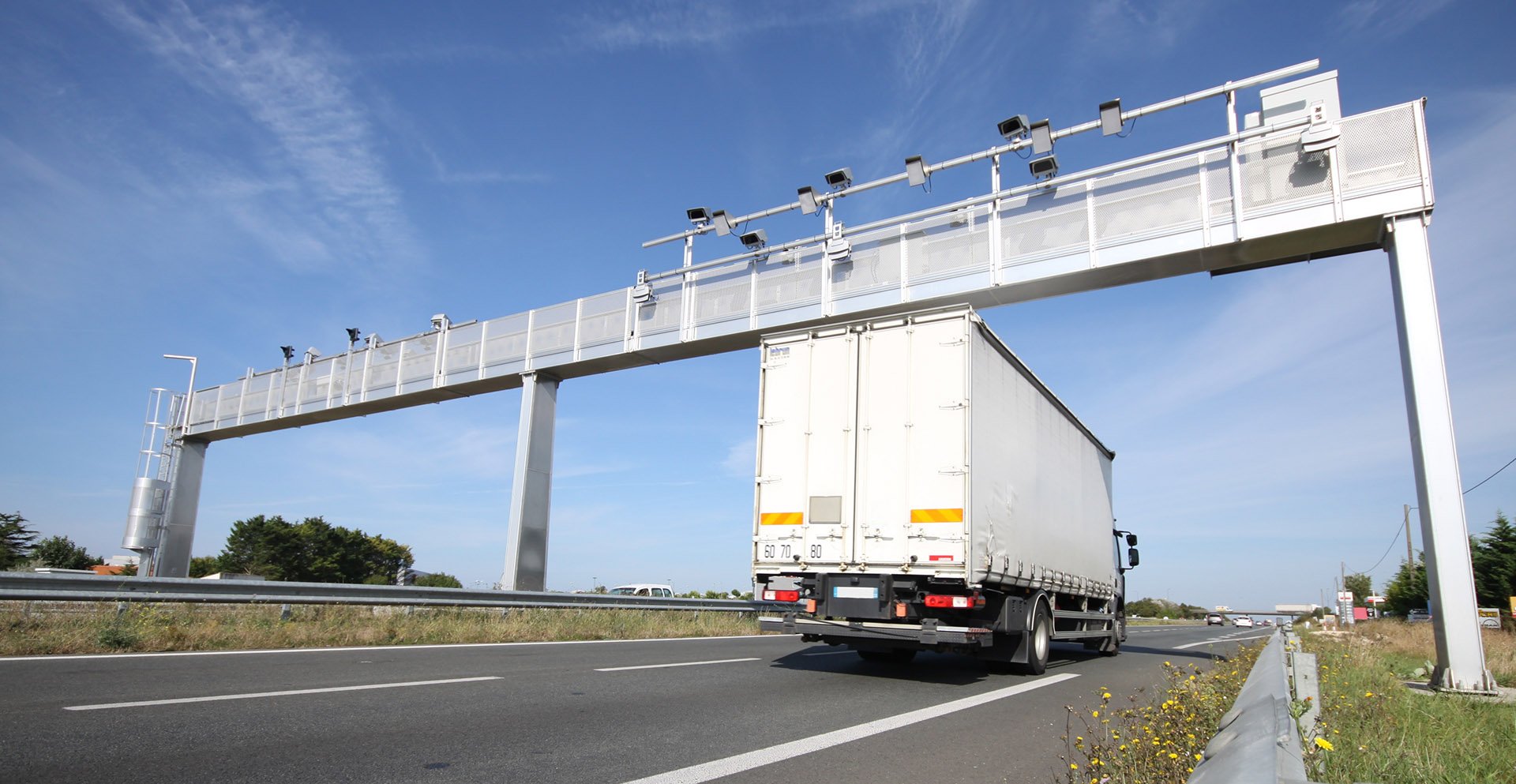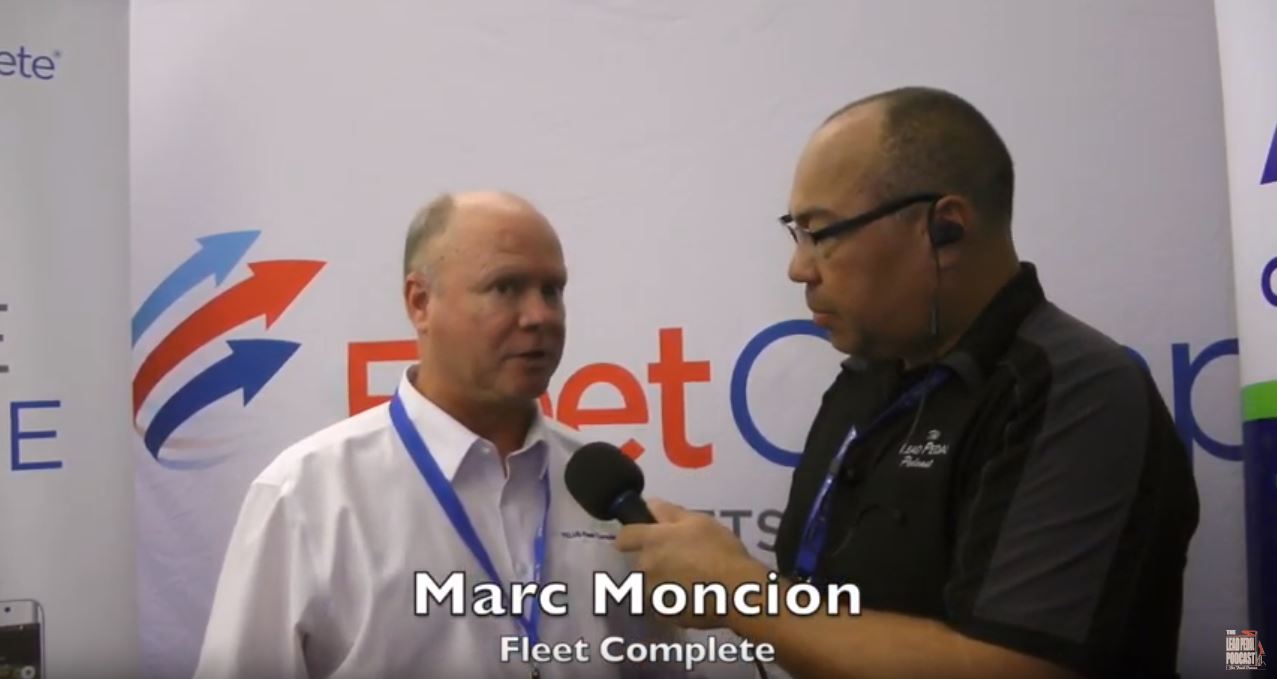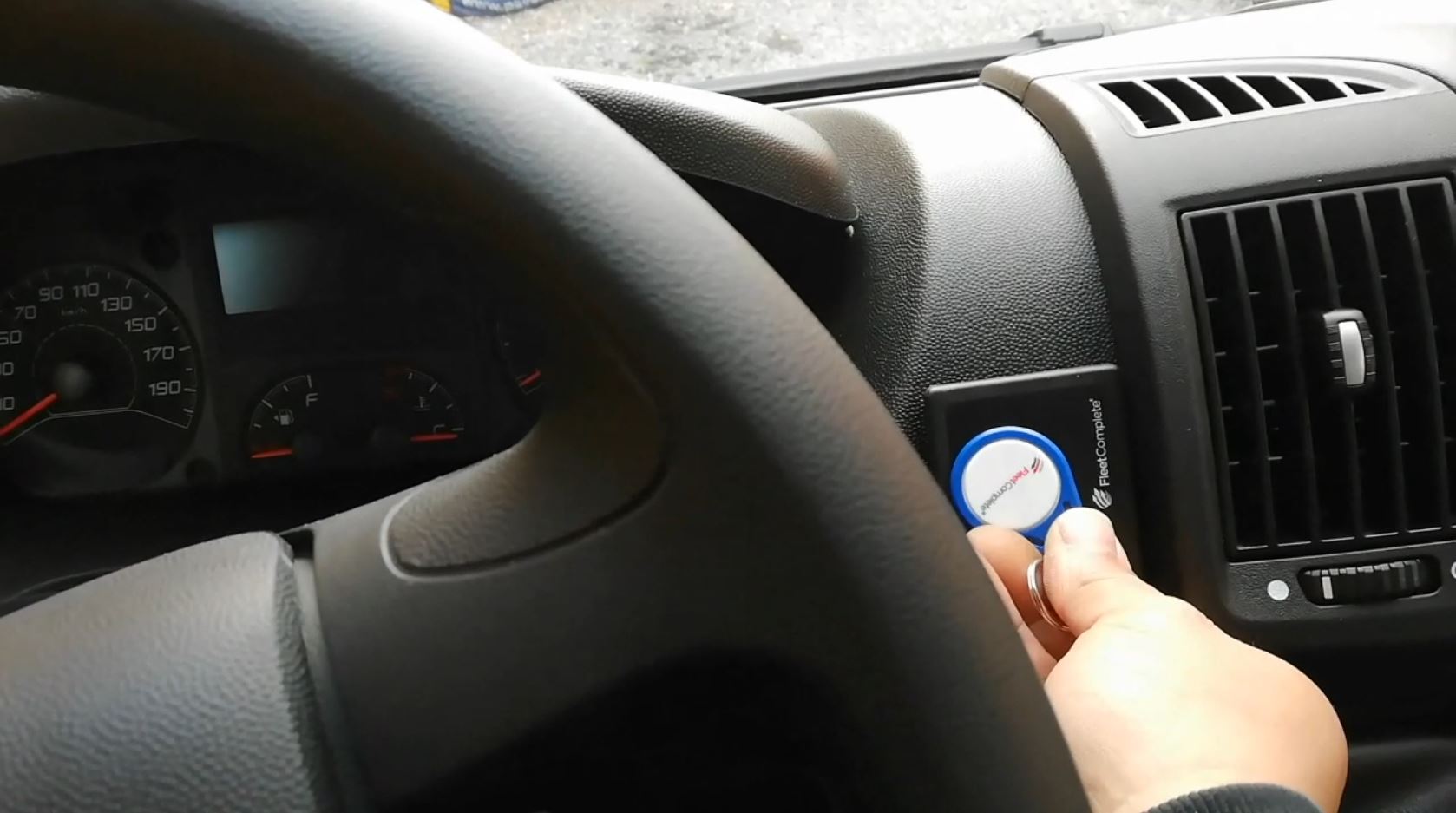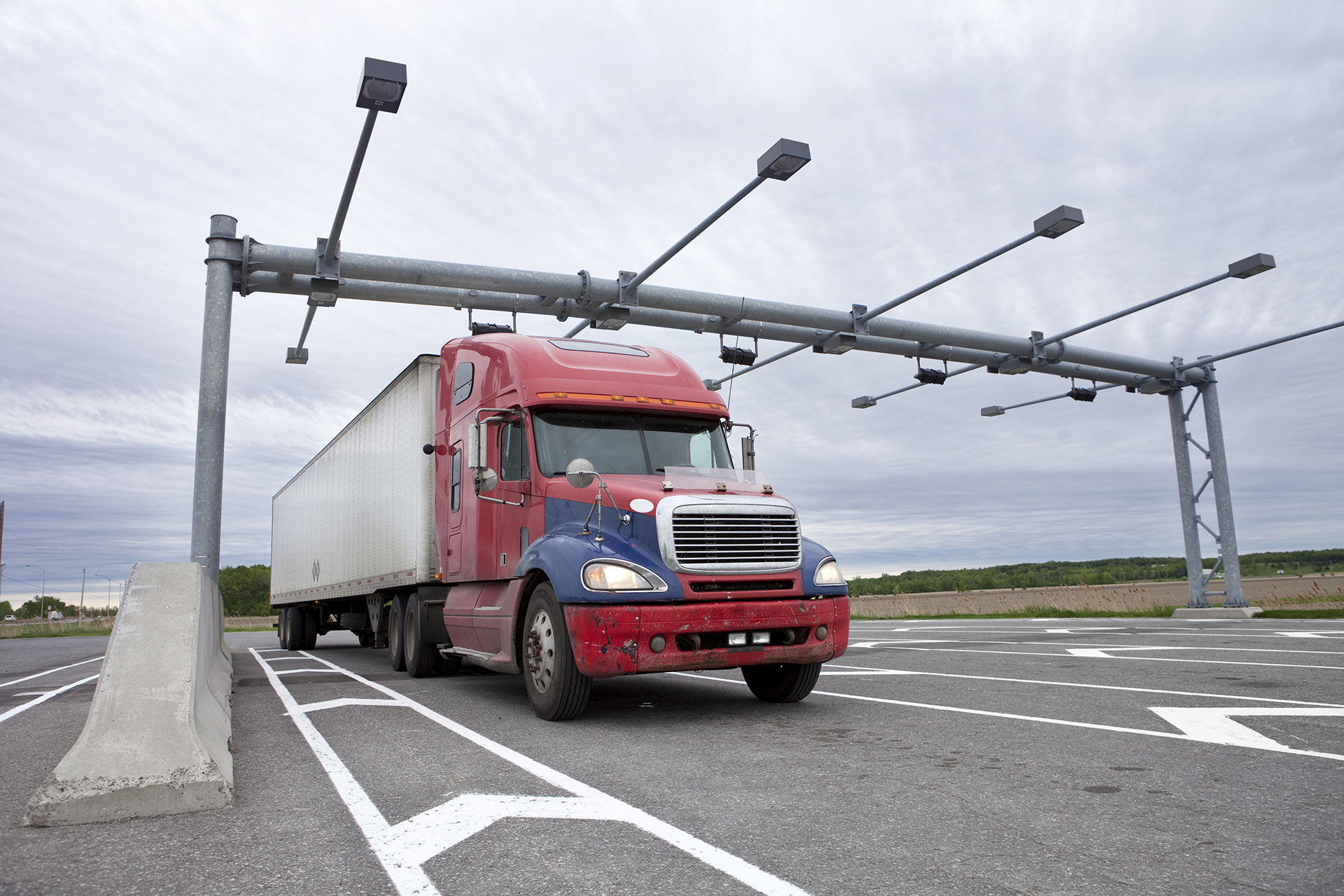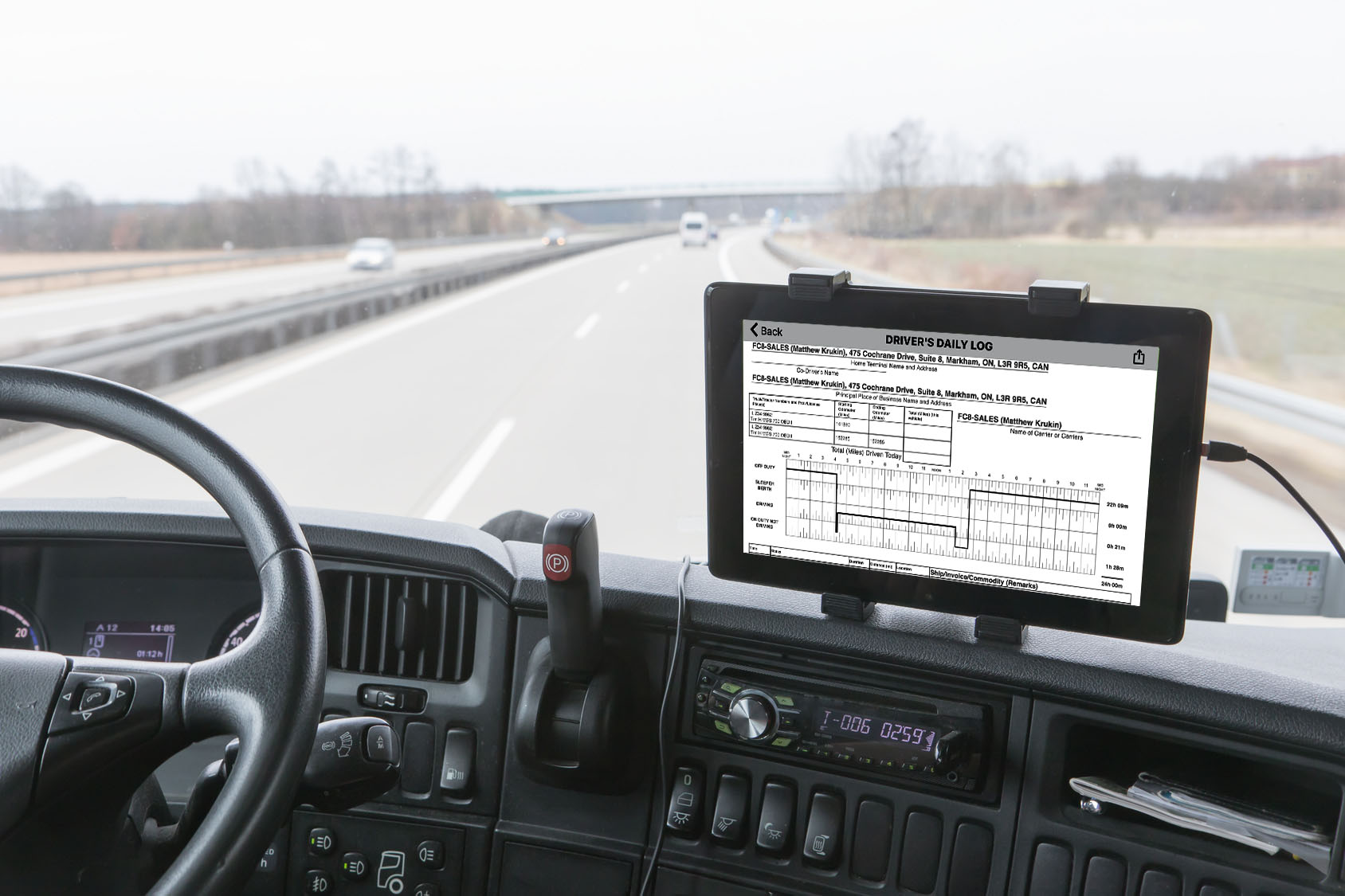The biggest problem that the FMCSA has found with paper reporting, however, is in the reported inaccuracies and the possibility for a large margin of error.
There are a number of ways that a driver can be found in violation of current FMCSA regulations, and with the new electronic logbooks, the government hopes that drivers can cut down on these potentially business-stopping violations.
Missing logbooks, messy handwriting, incomplete logs, or fudging the numbers are only a couple of reasons that a driver could be found in violation of FMCSA regulations.
Below, we’ll lay out a number of violations that can arise from incorrect hours-of-service monitoring and how e-logs help drivers avoid sticky scenarios.
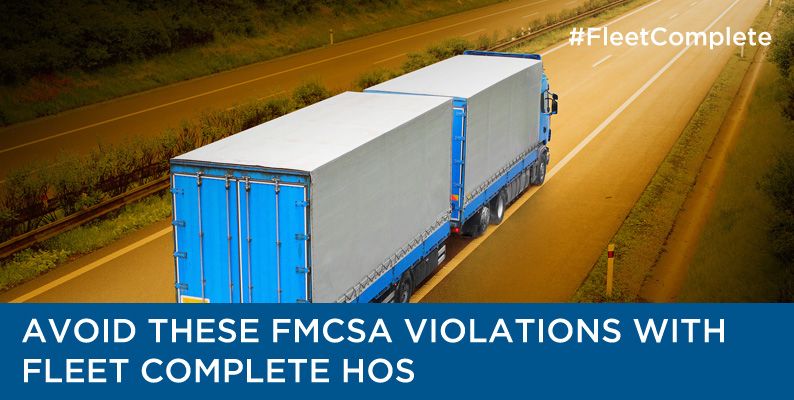
Driving overages
One of the most common violations has to do with hours-of-service (HOS) compliance.
Drivers in the United States are only allowed to drive 11 hours a day within the 14-hour period that they started work, while in Canada drivers cannot exceed 13 hours driving time. This means that for every 14-hour period, the driver must take an 8-hour rest period or risk being in violation of HOS.
According to the FMCSA, fines for breaching these penalties could be $11,000 per motor carrier, or civil fines for the driver of up to $2,750 for each offense.
Furthermore, drivers are required by law not to exceed more than 70 on-duty hours without a 36-hour break.
Incomplete Form
Aside from on-duty, off-duty, and driving time recordings, drivers are also responsible for recording numerous other data related to their vehicle and shipment. Even if these documents are complete, if they are sloppy or have messy handwriting it makes it impossible to read. This means that the driver can still be cited for having an incomplete form, fined, or at the very least have to sit through a longer inspection.
The items that must be present on the form include:
- Date
- Total miles driven that day
- Truck and/or trailer number
- Carrier number
- Driver’s name
- Driver’s signature and certifications
- 24-hour starting time
- Total hours
- The address of the main office
- Any comments or remarks
- Name of co-driver
- Shipping document numbers and detailed information
Falsified Logs
Fudging the times reporting with a work diary is one possibility that drivers can employ when being pressured by dispatch to finish the run or take on additional deliveries. These falsified logs are serious violations, and ones that the FMCSA seriously cracks down on.
Out of 100 false reports, at least 75 of those result in an out-of-service violation. This means that the driver cannot drive a commercial vehicle for 24 hours, and until the reporting has been corrected. Fines due to these false reports can range from thousands of dollars, to possible criminal charges against the driver or motor carrier.
Not having a record of service & failing to retain previous days’ logs.
Not having a duty record at all, or missing reports from the past 6 days (14 in Canada) can result in an immediate out-of-service. If the FMCSA has no idea how long your driver has been working, they have no idea how compliant they are.
These logs are the most common violation, as even one missing piece of paper can result in a serious violation.
Luckily, EWD (Electronic Work Diary) & electronic logbooks (ELD) entirely eliminate the occurrence of these violations.
Since drivers cannot manually change what’s recorded from the engine, and dispatch cannot push drivers to work overtime, incorrect logs and harassment issues are completely avoided. Since everything is logged automatically, drivers don’t have to worry about keeping track of their reports for previous days, and even vehicle inspections are monitored through GPS fleet monitoring software.
Automating the paperwork requirements of drivers and fleet managers ensures that your team is a well-oiled machine that can focus on the job at hand. Furthermore, fleet monitoring software can monitor a number of driver behaviours that enable you to keep an eye on your entire fleet, even when they’re on the road. Safety and HOS violations are nothing to play around with, and the added security of an electronic logbook ensures that everything is on the up-and-up.
Fleet Complete’s e-log application is will be completely compliant with FMCSA electronic logging device mandate and will be updated as rules and regulations change. Request a free demo today and get your fleet completely compliant before it’s too late!






